WELCOME
Welcome and thank you for visiting our homepage. Our group was founded in June 2013 by Dr. Benjamin S. Flavel under the DFG funded Emmy-Noether Programm and is subsquently now part of the Heisenberg Programm. We conduct applied research on the separation and purification of carbon nanotubes and their application to new forms of photovoltaics, sensing devices, and their behavior in these and other systems. Please take your time to look through our website and for further information please do not hesitate to contact me.
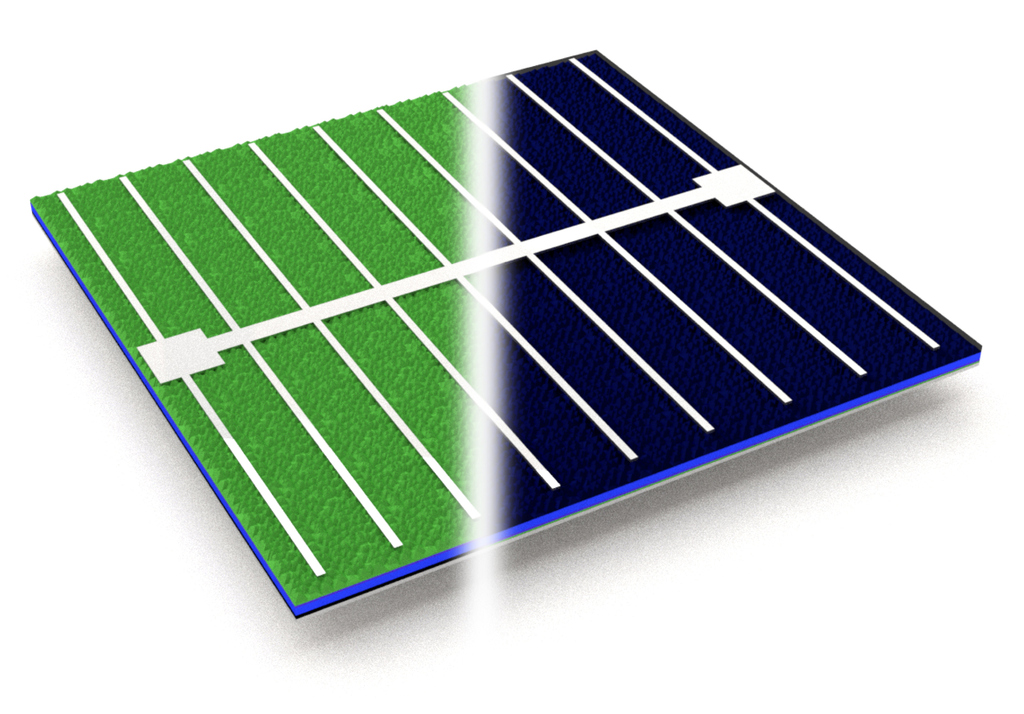
Industrially relevant front and back-junction designs are applied to CNT:Si solar cell technology and PCEs of ~ 19 % are obtained
Adv. Funct. Mater. (2020) DOI: 10.1002/adfm.202000484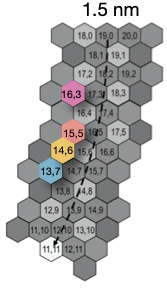
In collabroation with the research teams at NIST, the Freie Universität Berlin and the University of Antwerp we develop the ATPE technique for the separation of enantiomers with a diameter of 1.4 nm
ACS Nano (2019) DOI: 10.1021/acsnano.9b08244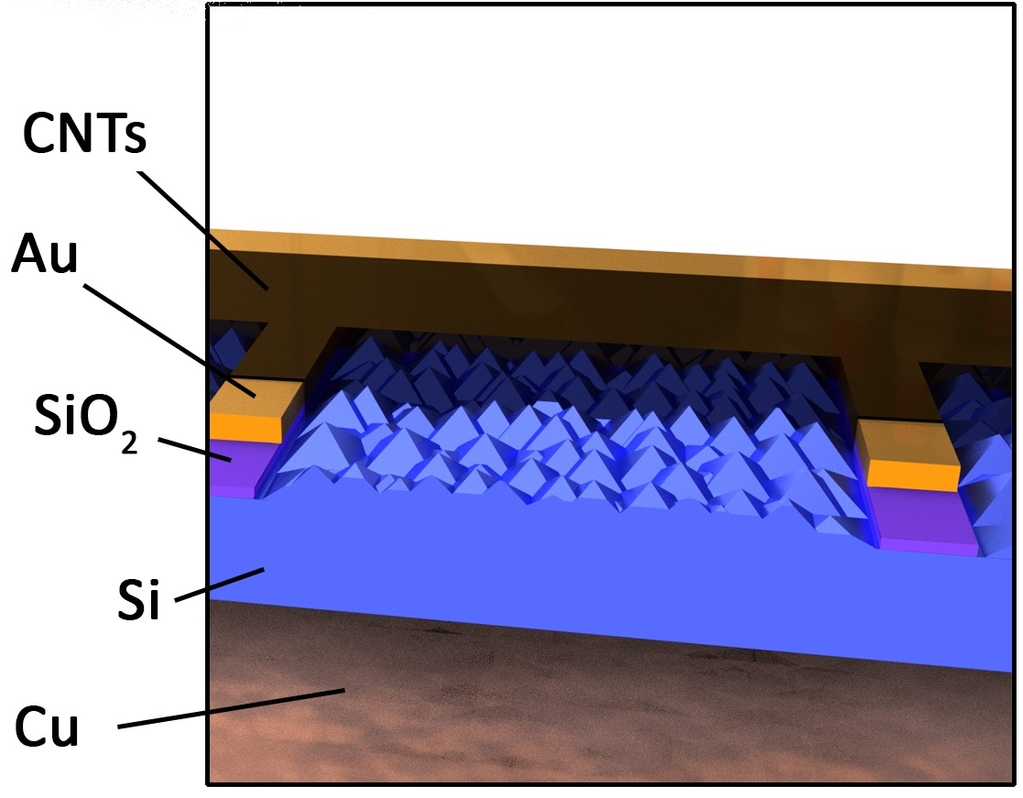
Using the surface passivation ability of Nafion we demonstrate record power conversion efficiencies of 17.2 % and 15.5% for 1 and 5 cm2 active areas.
Adv. Energy Mater. (2019) DOI:10.1002/aemn.201903261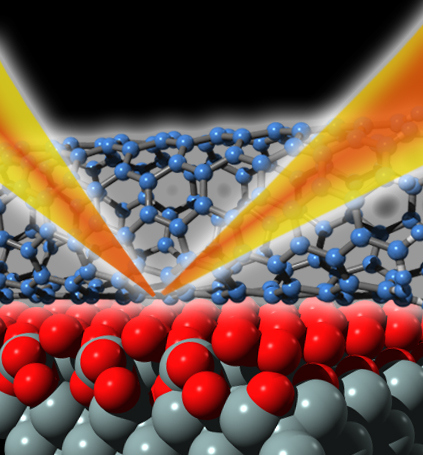
Using XPS we investigate the role of chemical treatment of the carbon nanotube/silicon interface on the stability of photovoltaic devices
ACS Appl. Energy Mater. (2019) DOI: 10.1021/acsaem.9b01050
Our research on carbon nanotubes was featured in the July edition of Open Access Government
Issue 23 July 2019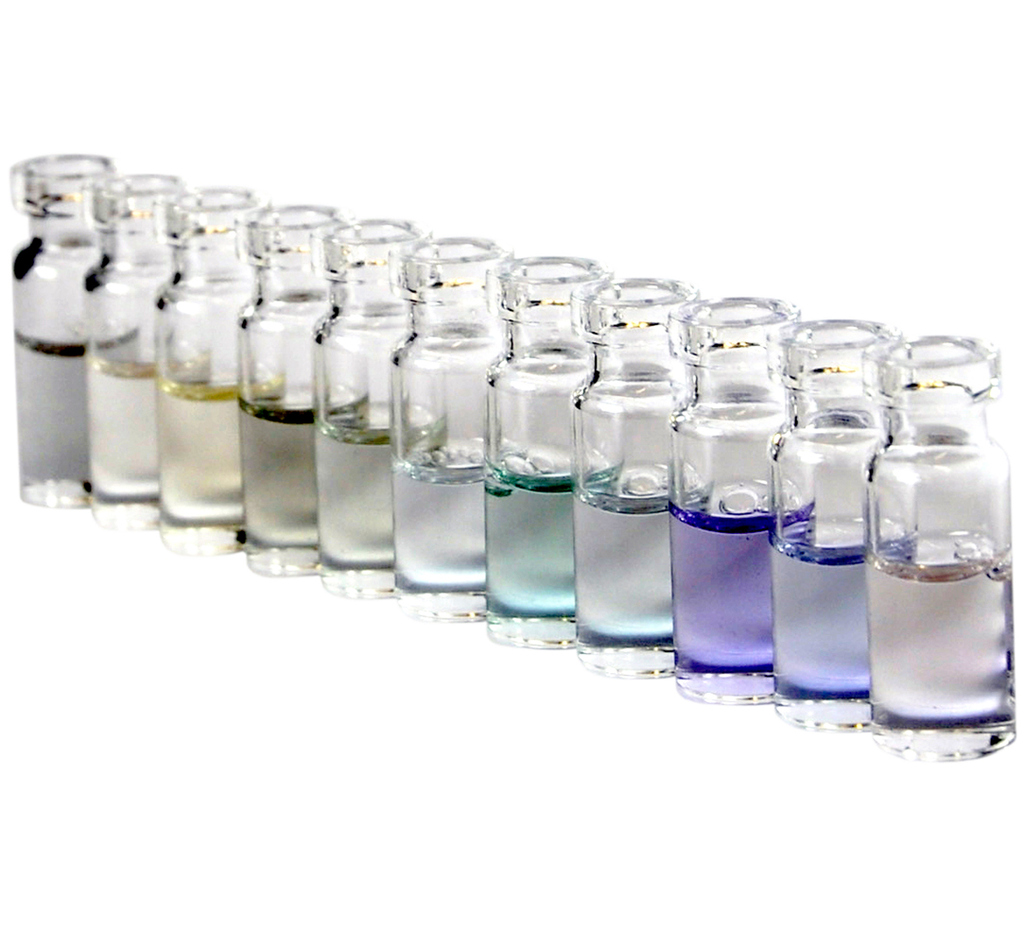
In our latest work we demonstrate the importance of pH to ATPE and dramatically simplify the separation of chirality pure SWCNTs.
ACS Nano (2019) DOI: 10.1021/acsnano.8b09579
Congratulations to Ben who completed his Habilitation with the title of Carbon Nanotubes for Energy and Electronics on the 2nd of July 2018 in the Materials Science Department at the Technische Universität Darmstadt.
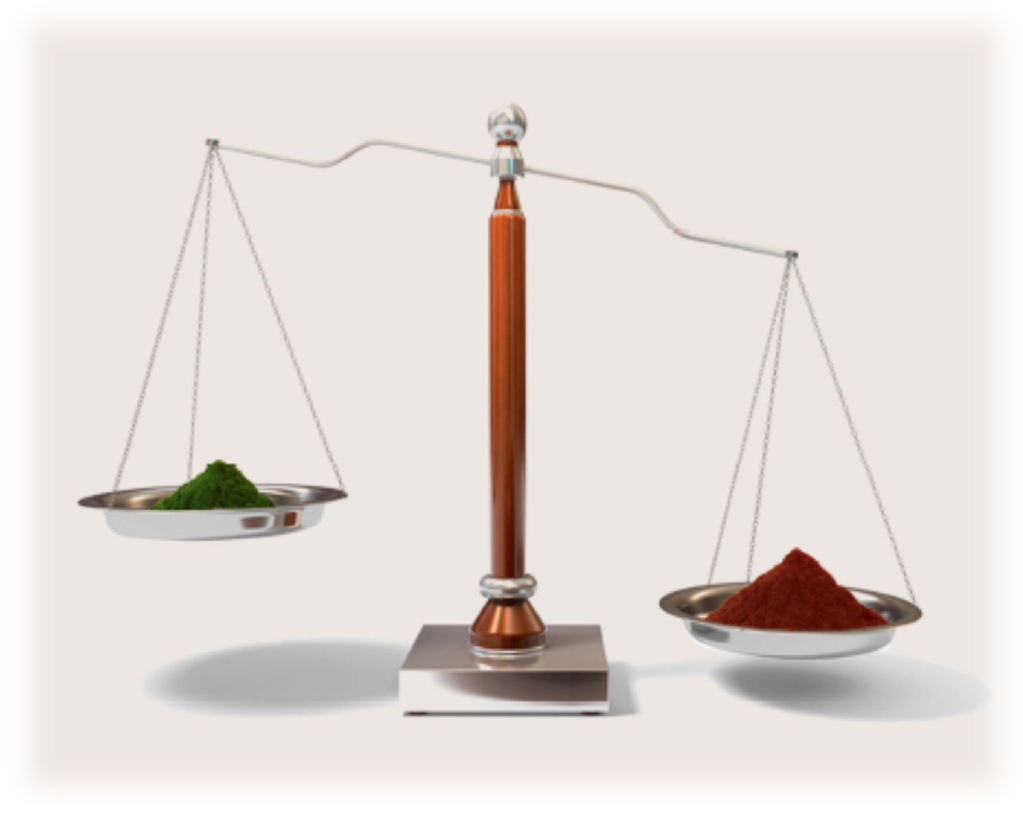
In collaboration with the team of Prof. Adronov at McMaster University in Canada we investigate the importance of the composition of SWCNT raw materials to polymer selectivity
Chemistry - A European Journal, DOI: 10.1002/chem.201801515
In April 2018 Ben Flavel was admitted to the Heisenberg program to continue his work on carbon nanotubes. We are extremely grateful for the continued support of the DFG.
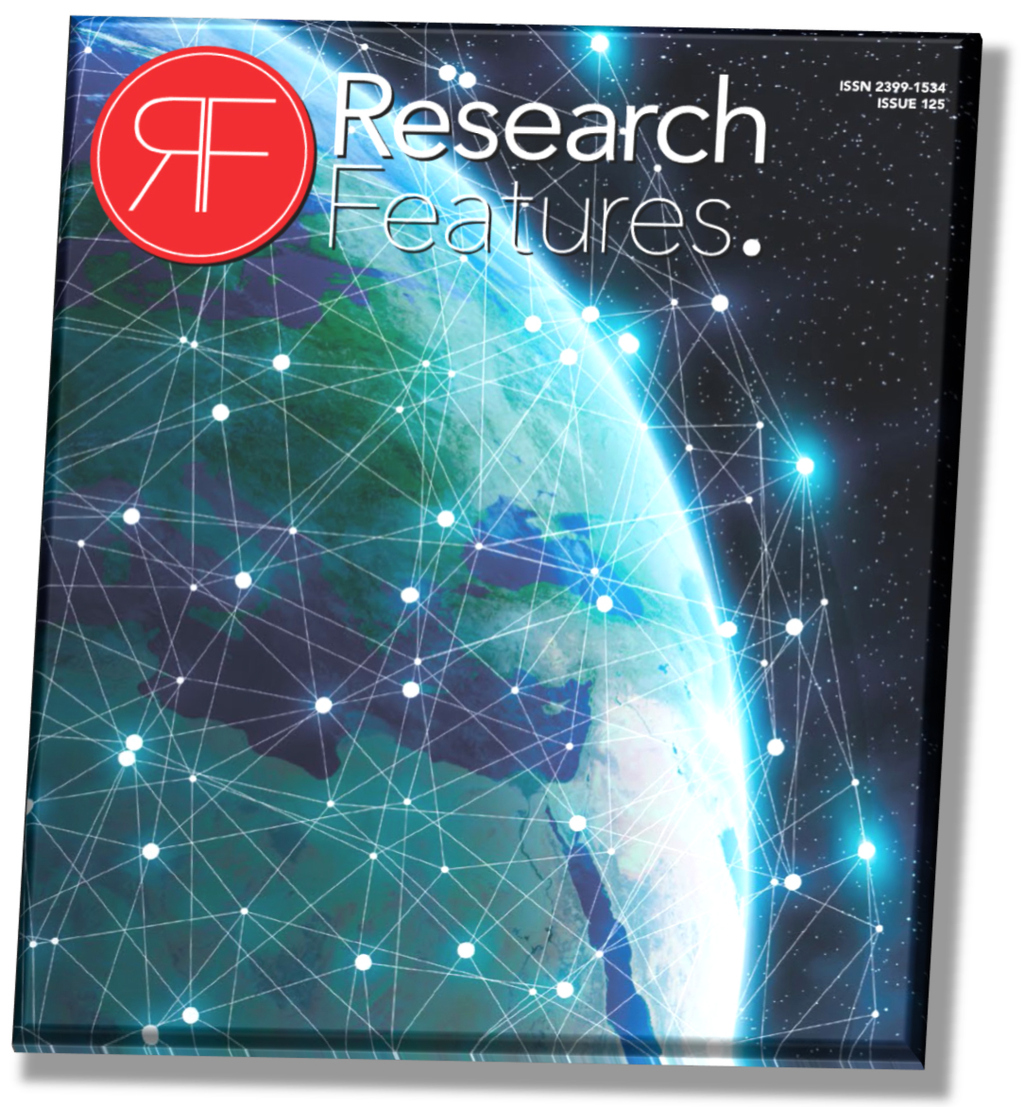
The results from our lab were recently highlighted in a feature article by the UK magazine 'Research Features'.
Research Features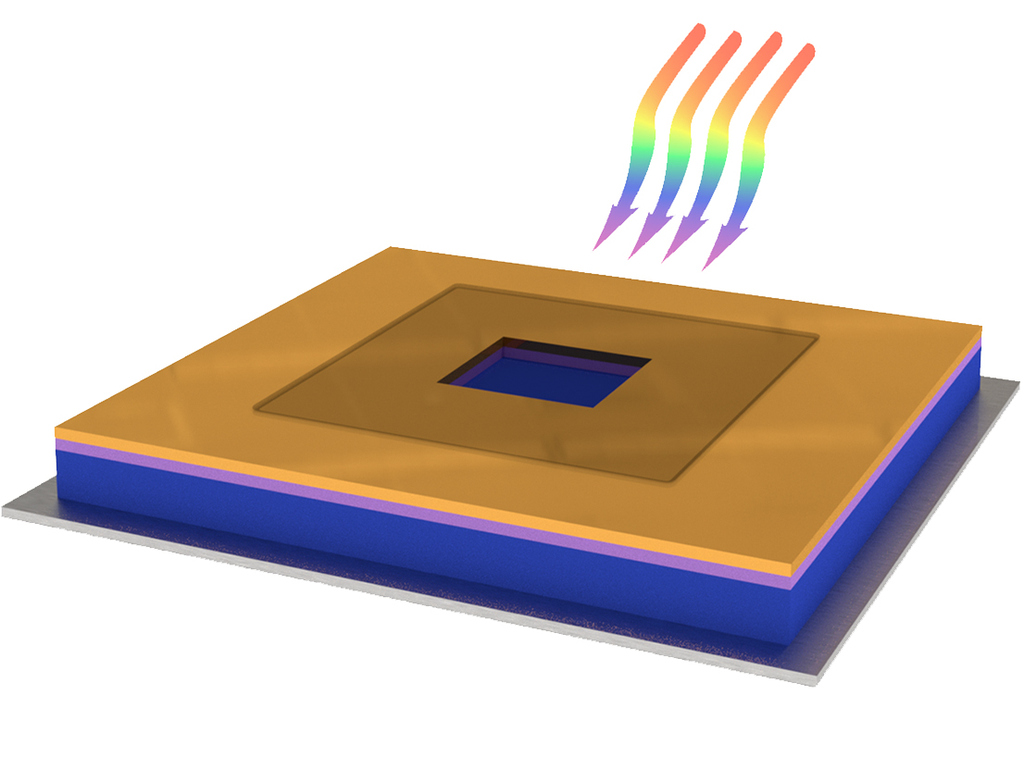
In our review article we discuss the advances being made in the rapidly growing field of CNT-Si heterojunction solar cells.
Adv. Eng. Mater. 2018, 1703241 DOI: 10.1002/aemn.201703241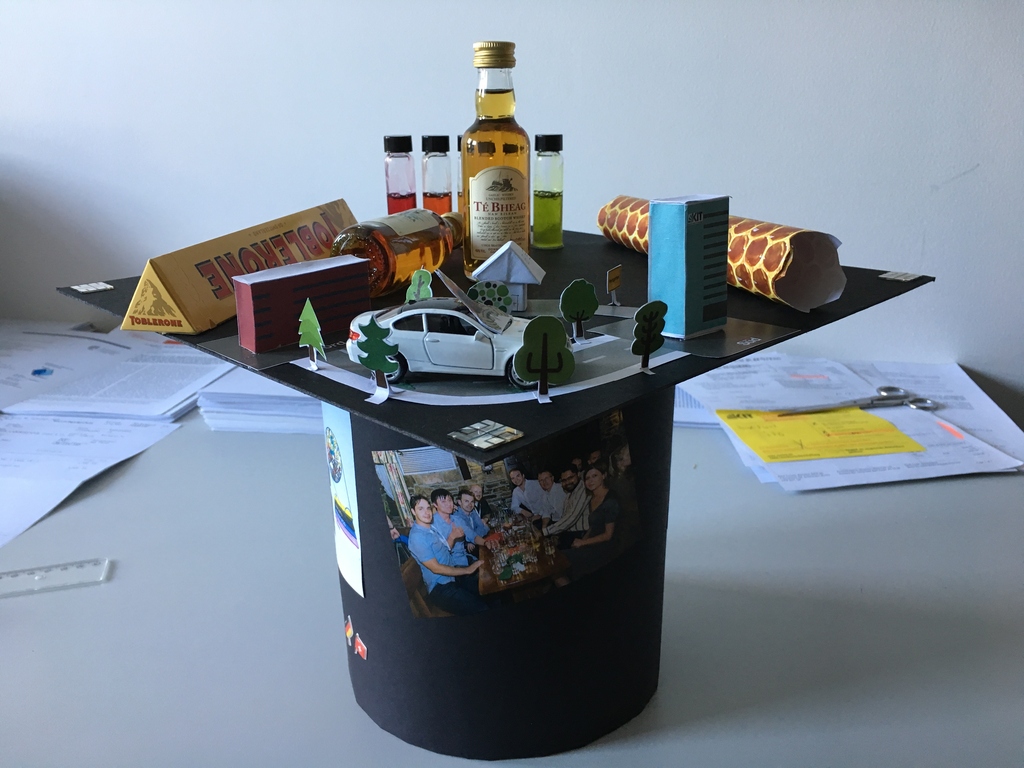
Congratulations to Moritz who successfully defended his PhD in October 2017. A great end to a fantastic PhD.
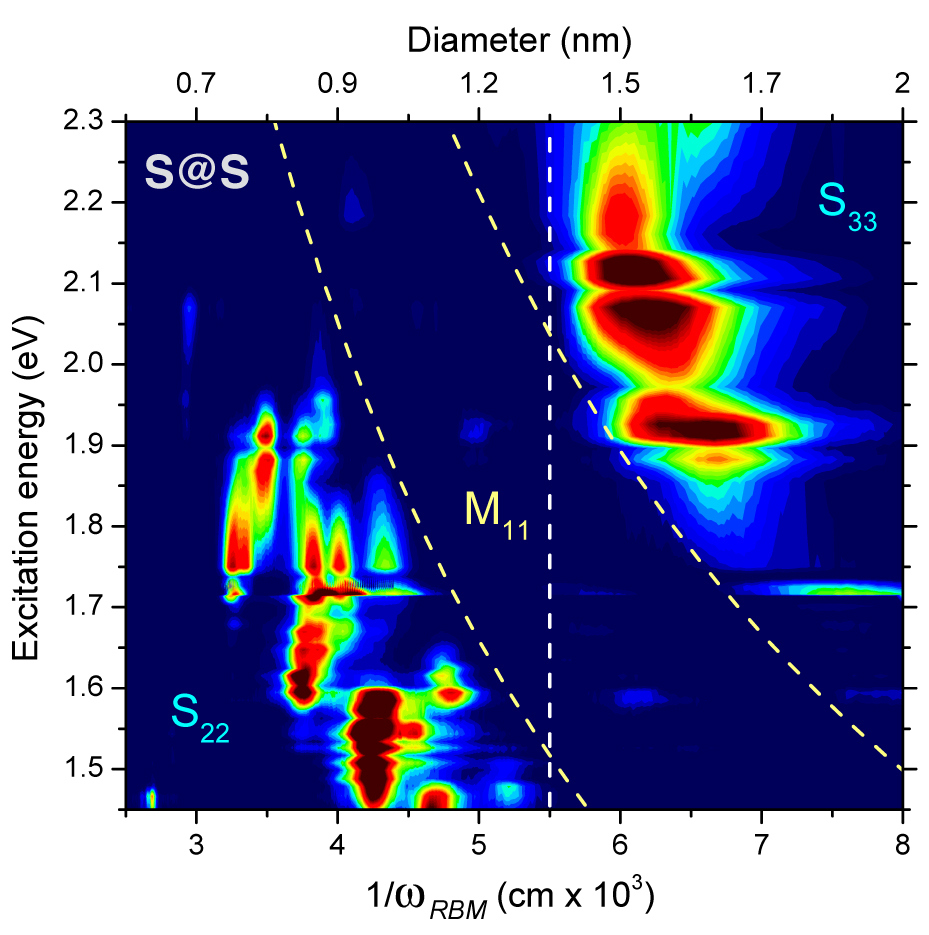
We develop a hybrid aqueous/organic separation method to prepare DWCNTs with defined inner and outer wall electronic type.
Nature Nanotechnology (2017) DOI: 10.1038/NNANO.2017.207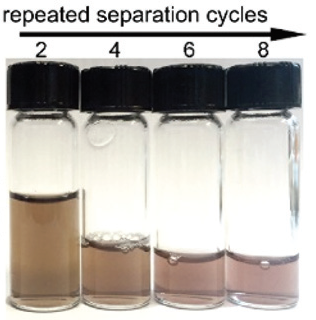
Together with Prof. Yuan Chen at the University of Sydney we look at the maximum semiconducting carbon nanotube purity obtainable from the APTE method
Nanoscale (2017) DOI: 10.1039/C7NR03302H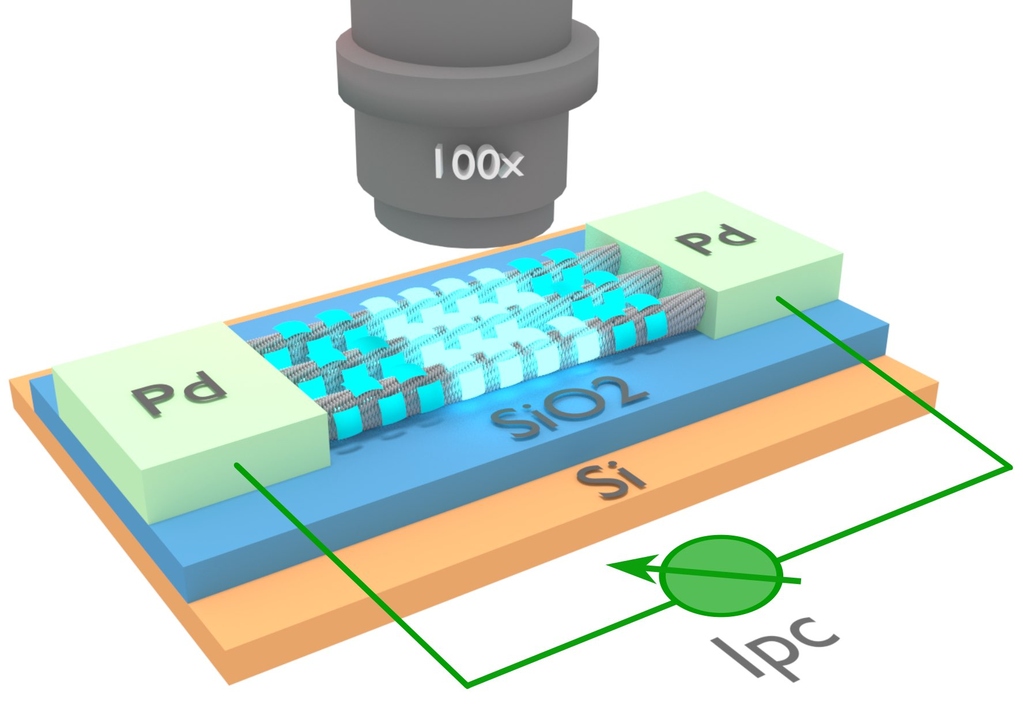
Congratulations to Asiful Alam for his first publication on the measurement of photocurrent from dye modified carbon nanotubes
Nanoscale (2017) DOI: 10.1039/C7NR04022A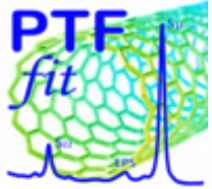
In our latest publication we provide a graphical user interface to process and fit single walled carbon nanotube absorbance data.
ACS Omega (2017) DOI: 10.1021/acsomega.6b00468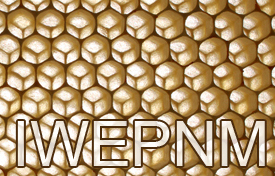
Congratulations to Dr. Han Li for winning a poster award at the 2017 IWEPNM for his work on double walled carbon nanotubes.
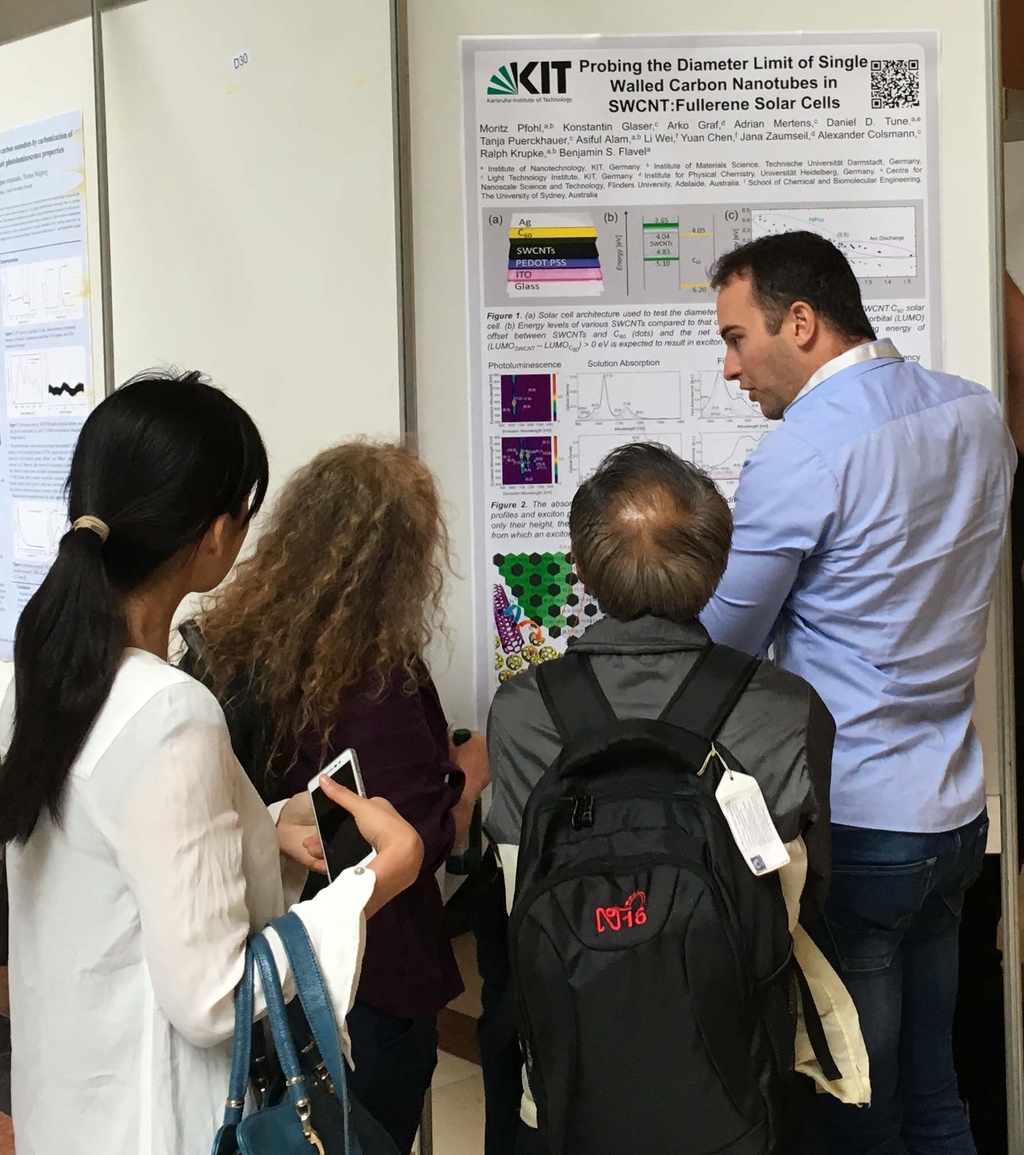
Congratulations to Moritz Pfohl for winning 1 of 3 poster awards at the NT16 conference for his recent paper in Advanced Energy Materials
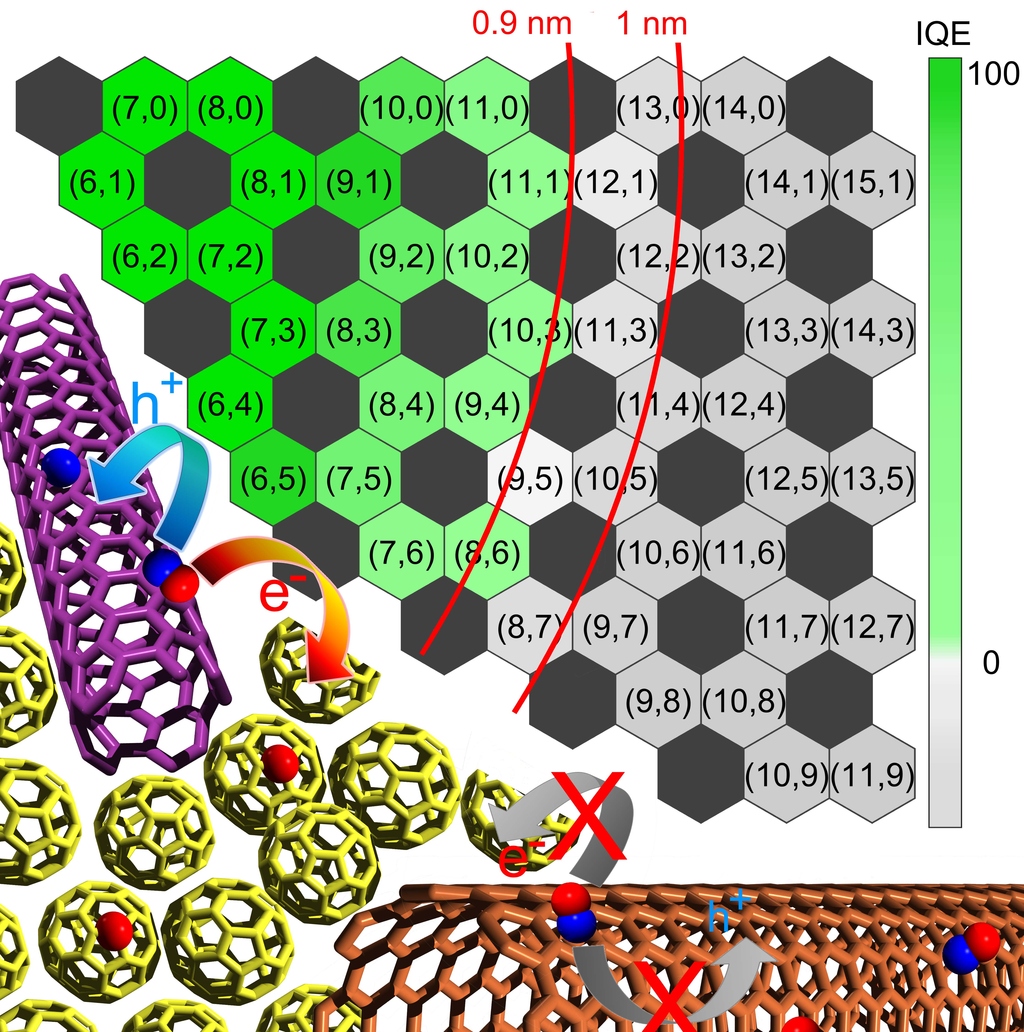
Using mixtures of different sorted SWCNTs we determine the (n,m) dependent IQE for SWCNT:Fullerene solar cells and establish a diameter limit for C60 as an acceptor
Advanced Energy Materials (2016) DOI: 10.1002/aenm.201600890
Starting in 2016 we have received research funding from the German Research Foundation (DFG) to continue our work on DWCNT processing.
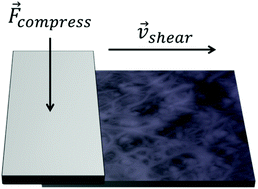
Using a very simple method we show that it is possible to align virtually any carbon nanotube film
Nanoscale (2016) DOI: 10.1039/C5NR08784H
We are immensely grateful to the German Research Foundation (DFG) for their ongoing support of our research and for the provision of ~ 320,000 EUR to purchase an organic evaporation system.
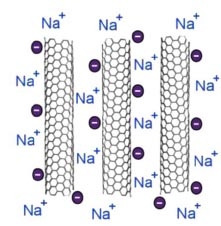
We demonstrate the use of high concentration sodium nanotubide polyelectrolyte inks to prepare aligned carbon nanotube films over a large area
Applied Materials & Interfaces (2015) DOI:10.1021/acsami.5b08212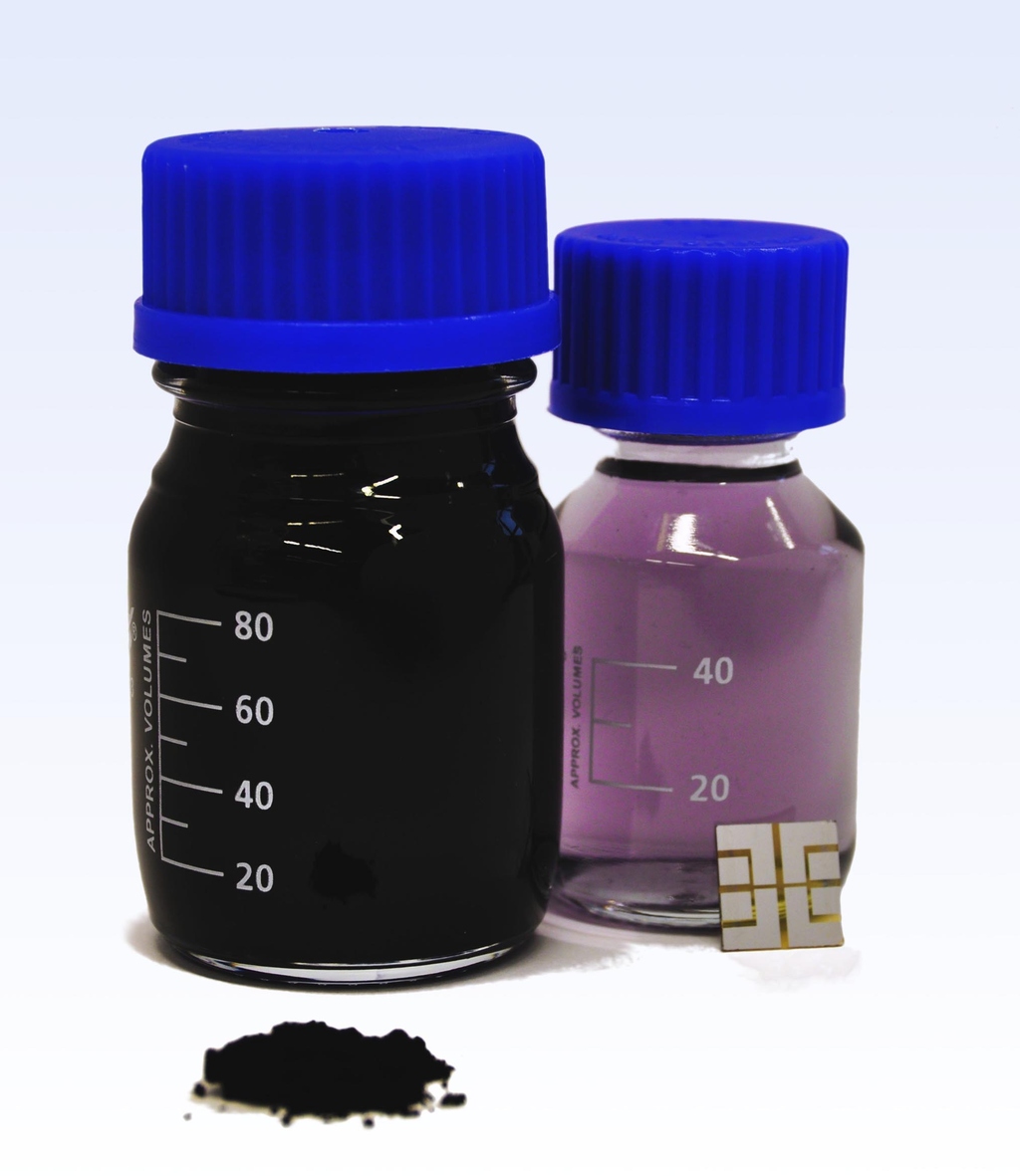
Due to our efforts in upscaling the (n,m) specific separation of SWCNTs we are able to demonstrate carbon nanotube / fullerene solar cells with record high active area
Advanced Energy Materials (2015) DOI: 10.1002/aenm.201501345
Congratulations to Dr. Moore who won in the categories of best PhD research as well as the people's choice award for her work on DWCNTs. These prestigious awards come with $10,000 AUD prize money.
2015 Award Winners
Congratulations to Dr. Daniel Tune who won an award at the 16th International Conference on the Science and Application of Carbon Nanotubes (NT15) for his work on aligned carbon nanotube films
NT 15 Award Winners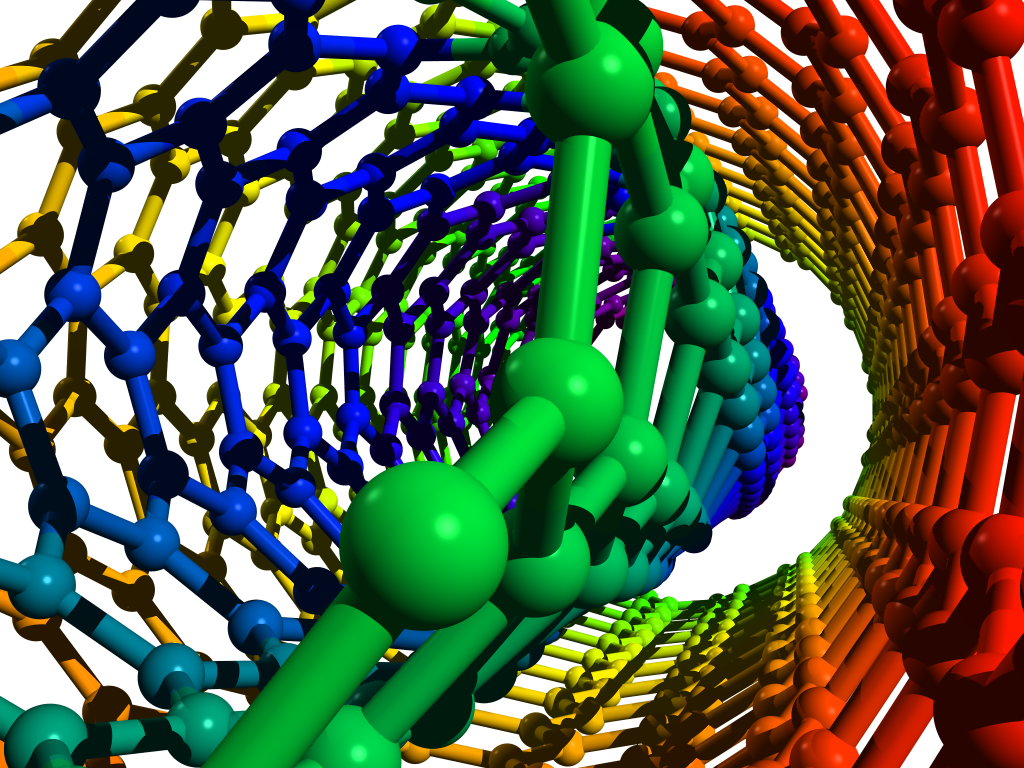
We are invited to write a review on DWCNT processing. We take a didactic approach and cover the background of the field, synthesis and purification routes and contemporary challenges in the field
Advanced Materials (2015) DOI: 10.1002/adma.201405686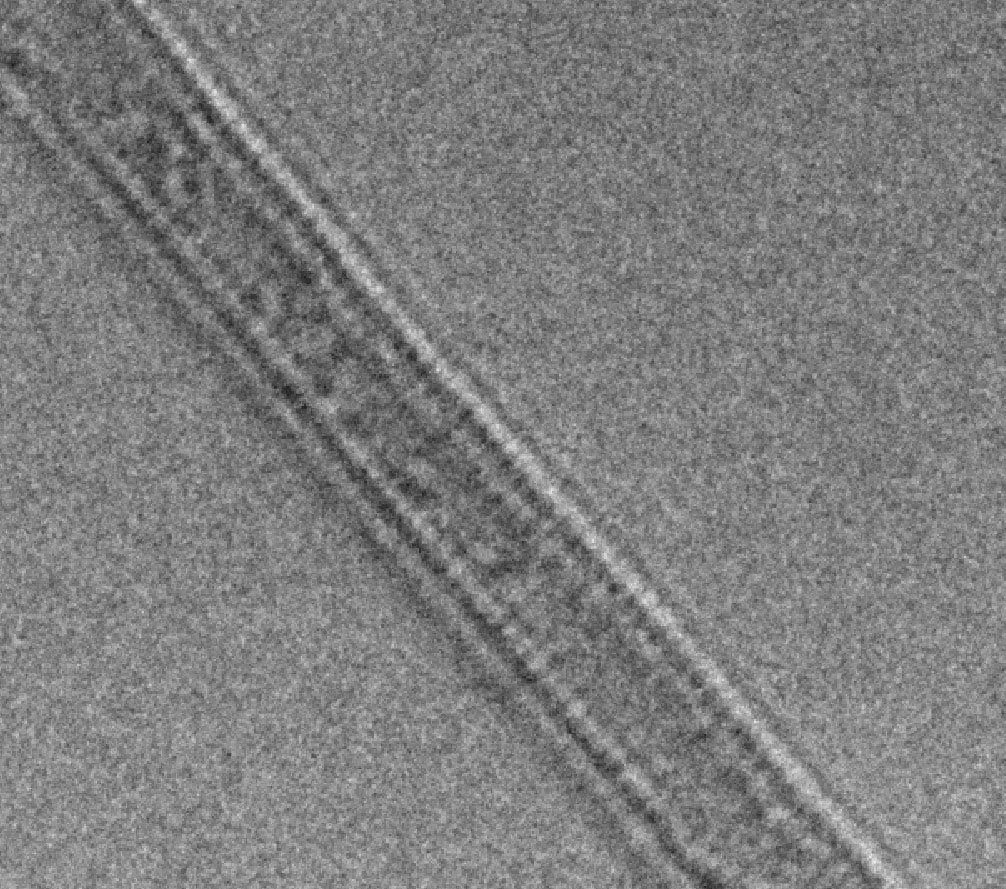
Our work on the electronic separation of DWCNTs was covered by Nanotechweb. Thanks again to Belle Dume for all of the great publicity.
Full Article Here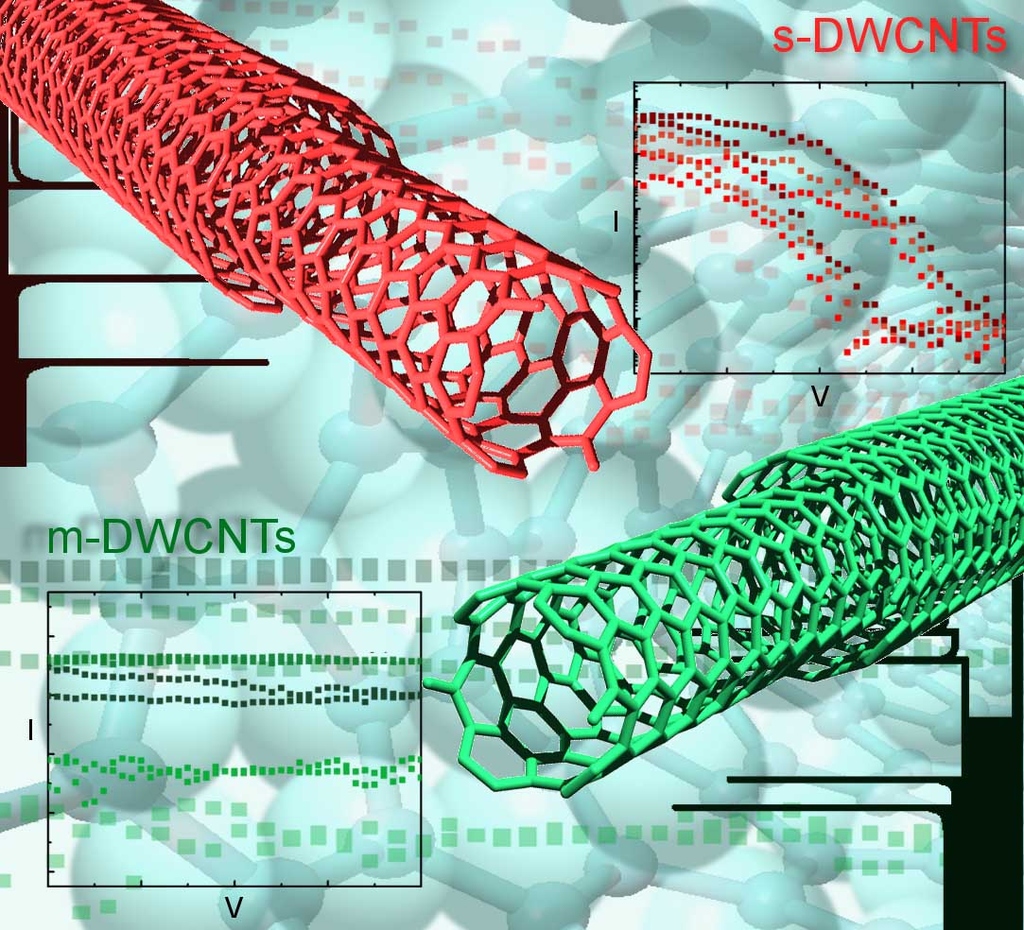
Building on our previous work we show that chromatography techniques can be used to prepare DWCNTs with either metallic or semiconducting outer walls.
ACS Nano, March 2015, DOI: 10.1021/nn506869h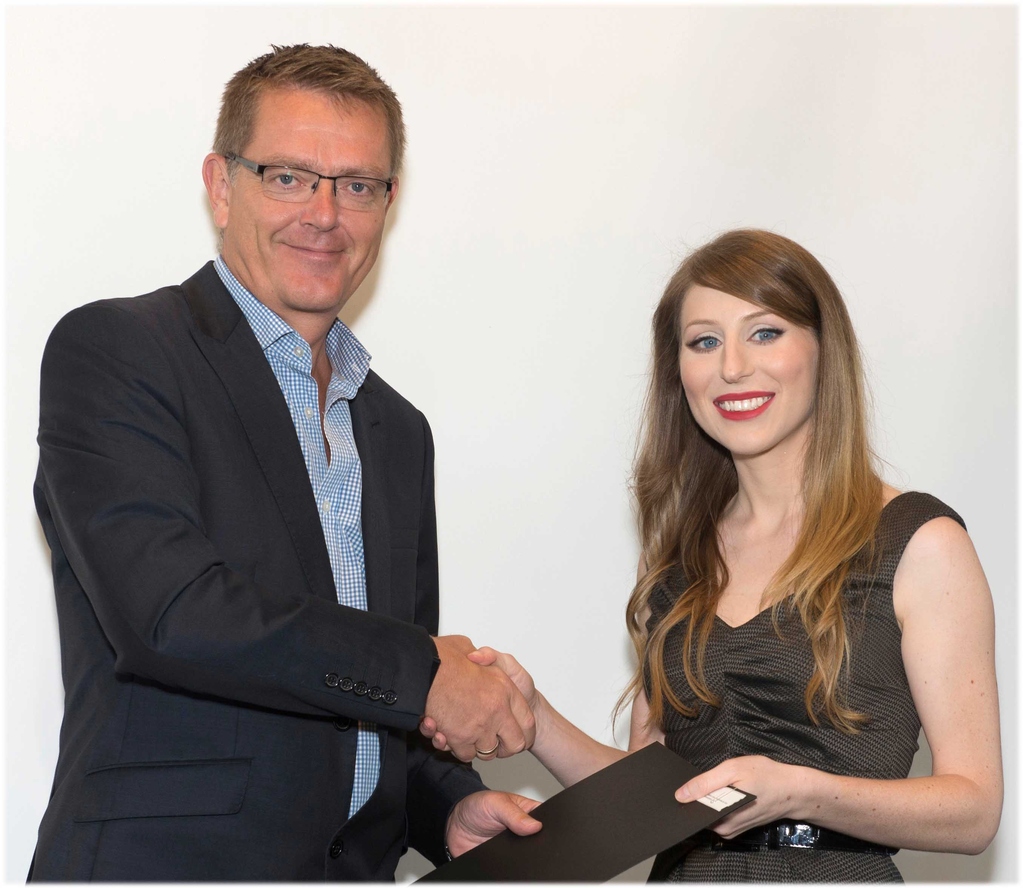
Congratulations to Dr. Moore who successfully completed her PhD in February 2015 and for being awarded the Flinders University's Best Paper Award for her work on DWCNTs
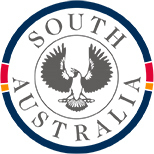
Congratulations to Dr. Tune who won in the category of best PhD Research for 2014 in the state of South Australia
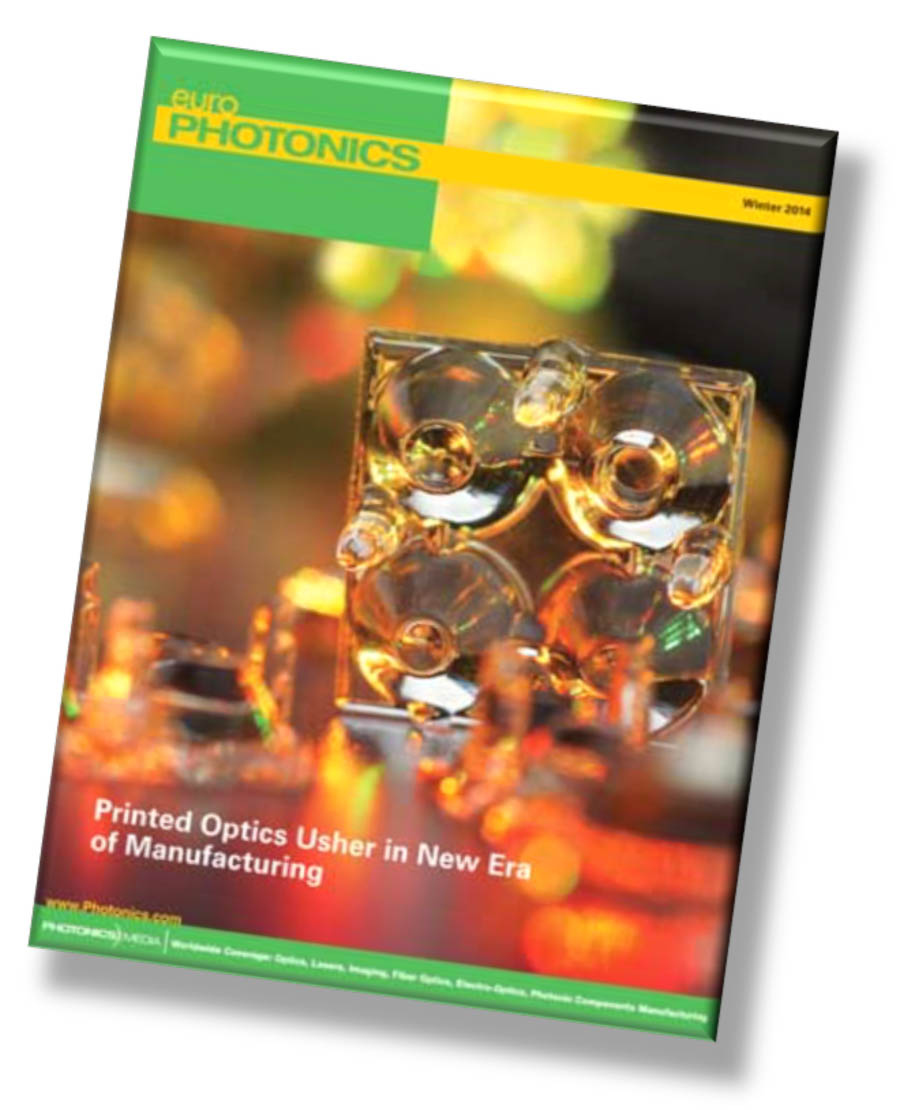
Our group was interviewed by the Europhotonics magazine for their feature article on the use of carbon nanotubes in future solar cells devices.
Full Article Here
Thermo Fisher Scientific were kind enough to donate a Dynamax unit to our group. We are most grateful and would like to sincerely thank Mr Raedler for the donation.

Following on from our recent publication on photocurrent spectroscopy from SWCNTs we were once again privileged to have our work covered by the UK based nanotechnology website Nanotechweb.
Full Article Here
We demonstrate the use of variable-wavelength photocurrent microscopy and photocurrent spectroscopy to study the photoresponse of (n, m) sorted SWNT devices.
ACS Nano (2014) DOI: 10.1021/nn503278d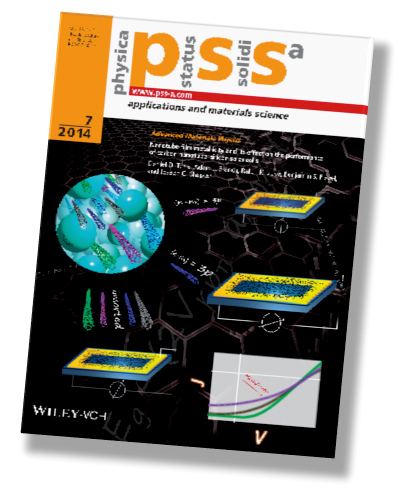
Our work using m-/s- separated SWCNTs in Si:SWCNT solar cells is featured on the cover of PSSa. Thanks to Daniel Tune and Katherine Moore for the beautiful artwork.
Full Article Here
Our work on DWCNTs was covered by the UK based nanotechnology news website Nanotechweb. As a community website from IOP publishing, Nanotechweb offers a unique online portal for science and enjoys a strong reader base.
Full Article Here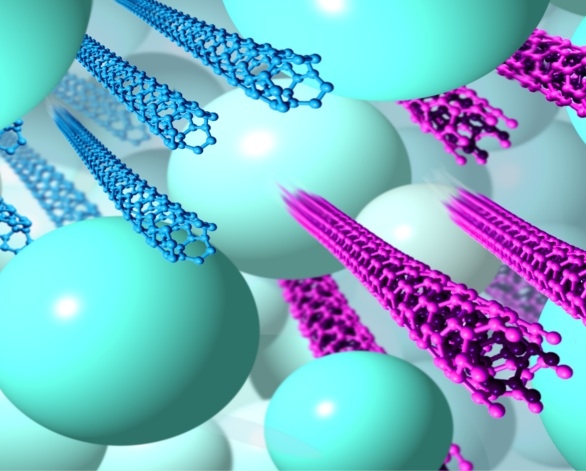
We demonstrate a new method utilising gel chromatography to separate double walled carbon nanotubes from the as prepared raw material containing single- and double- walled nanotubes.
ACS Nano (2014) DOI: 10.1021/nn500756a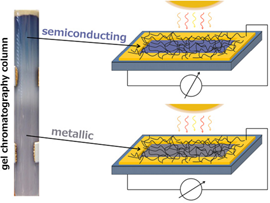
We provide a comparison between carbon nanotube - silicon solar cells fabricated with either semiconducting, metallic or mixed nanotubes.
Physica Status Solidi A (2014) DOI: 10.1002/pssa.201431403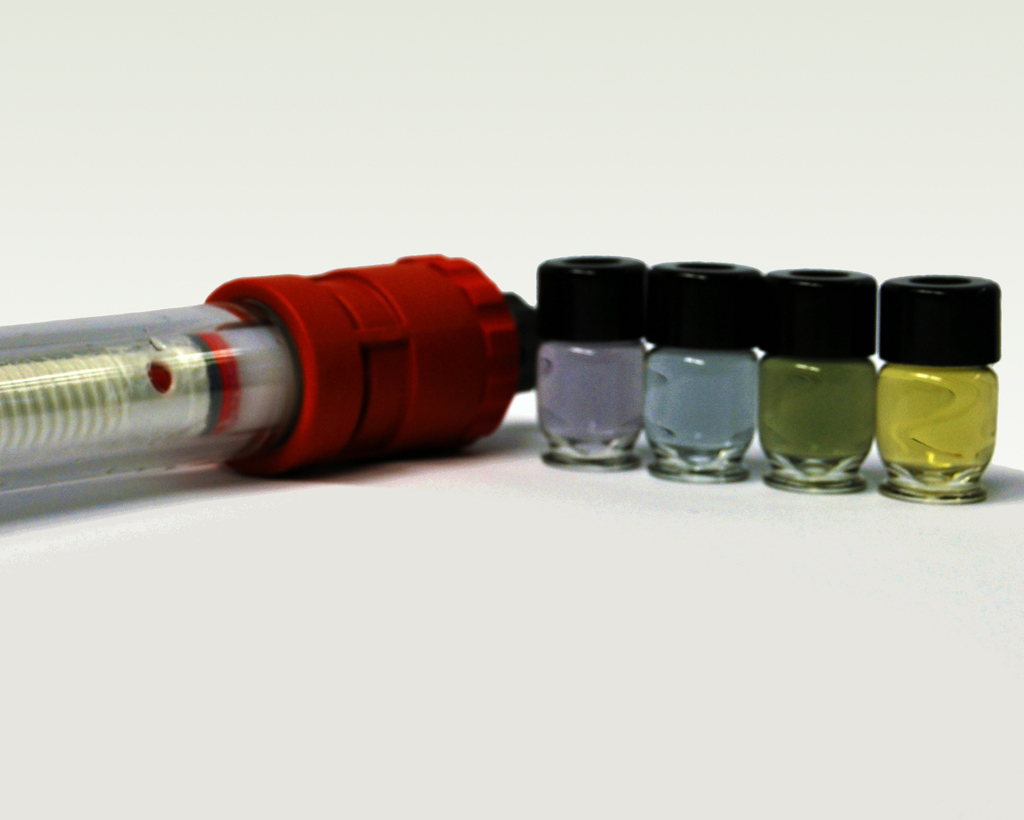
With the use of a Gel Permeation Chromatography system we demonstrate the simple, scalable and automated separation of (n,m) pure s-SWCNTs.
ACS Nano 8 (2014) 1817-1826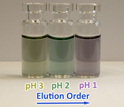
Monochiral s-SWCNT fractions are prepared with a simple, single-column, high-throughput fractionation procedure based on the introduction of 1-dodecanol to a size-exclusion chromatography column.
ACS Nano 7 (2013) 3557-3564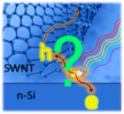
Our work using sorted s-SWCNTs allowed us to gain further insights into the role of SWCNTs as a photoactive component or a convenient conductive layer in Si:SWCNT solar cells.
Advanced Energy Materials 3 (2013) 1091-1097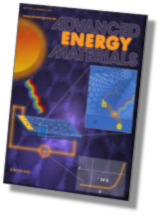
Our review article on SWCNT:Si solar cells makes it to the the cover of the September 2012 edition of Advanced Energy Materials. Congratulations to Daniel Tune.
Advanced Energy Materials 2 (2012) 1043-1055